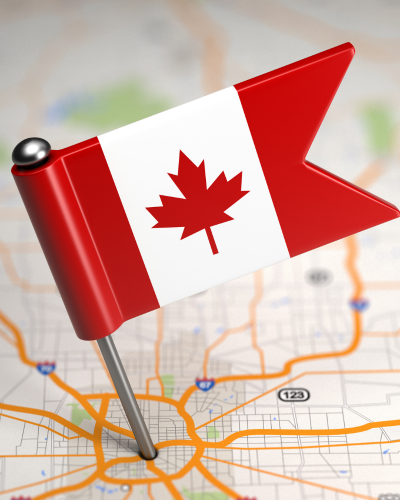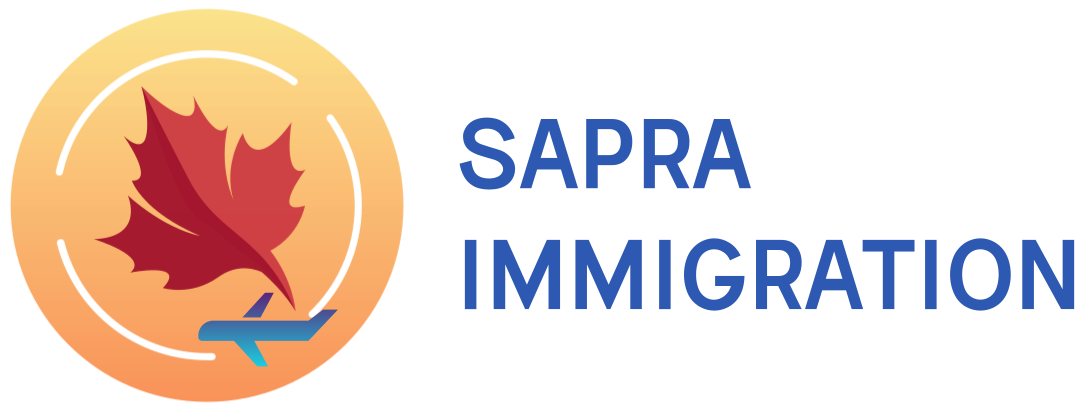
What Is an Open Work Permit?
An Open Work Permit allows eligible foreign nationals to work for almost any employer in Canada without needing a specific job offer or Labour Market Impact Assessment (LMIA). Unlike employer-specific permits, open permits provide flexibility and freedom to change jobs or employers.
There are different categories of open work permits, each with specific eligibility criteria, including spousal permits, post-graduate work permits (PGWP), and bridging open work permits (BOWP).
Who Can Apply for an Open Work Permit?
You may be eligible to apply for an Open Work Permit if you are:
● The spouse or common-law partner of certain temporary foreign workers
● The spouse or common-law partner of international students (under limited eligibility)
● An international student eligible for a Post-Graduation Work Permit (PGWP)
● An applicant for permanent residence under certain streams (eligible for a Bridging Open Work Permit)
● A refugee, protected person, or vulnerable worker
● A participant in recognized international exchange programs (e.g., IEC/Working Holiday)
Spousal Open Work Permit (SOWP) – 2025 Update
As of January 21, 2025, IRCC has tightened eligibility rules for spouses of foreign workers.
Spouses or common-law partners can apply for an Open Work Permit only if:
● The principal foreign worker holds a valid work permit with at least 16 months of validity remaining
● The principal worker is employed in an eligible occupation under:
✓ TEER 0 (Management)
✓ TEER 1 (Professional)
✓ Select TEER 2 and TEER 3 occupations listed by IRCC
Note: General LMIA-based work permits no longer automatically make the spouse eligible unless the occupation matches the new criteria.
Conditions and Validity
● Open Work Permits are typically valid for the same duration as the principal applicant’s study or work permit
● The validity period may vary based on the applicant’s passport expiry or other IRCC instructions
● Permit holders must abide by Canadian labor laws and cannot work for ineligible employers
Required Documents
The required documents vary depending on the category but generally include:
● Copy of the applicant’s passport
● Copy of the principal applicant’s permit (work or study)
● Proof of relationship (marriage certificate, cohabitation evidence)
● Job offer letter and pay stubs (for the principal worker, if applicable)
● Proof of eligible occupation (e.g., NOC code, job duties)
Why Apply With Sapra Immigration?
At Sapra Immigration Services Inc., we specialize in preparing complete and accurate Open Work Permit applications that comply with the latest IRCC policies. We help:
● Assess your eligibility under new 2025 rules
● Verify occupation classifications (TEER levels and NOC codes)
● Prepare all required documents and declarations
● Submit strong, timely applications that reduce chances of refusal
Our firm is RCIC-led, Canadian-owned, and globally trusted.
